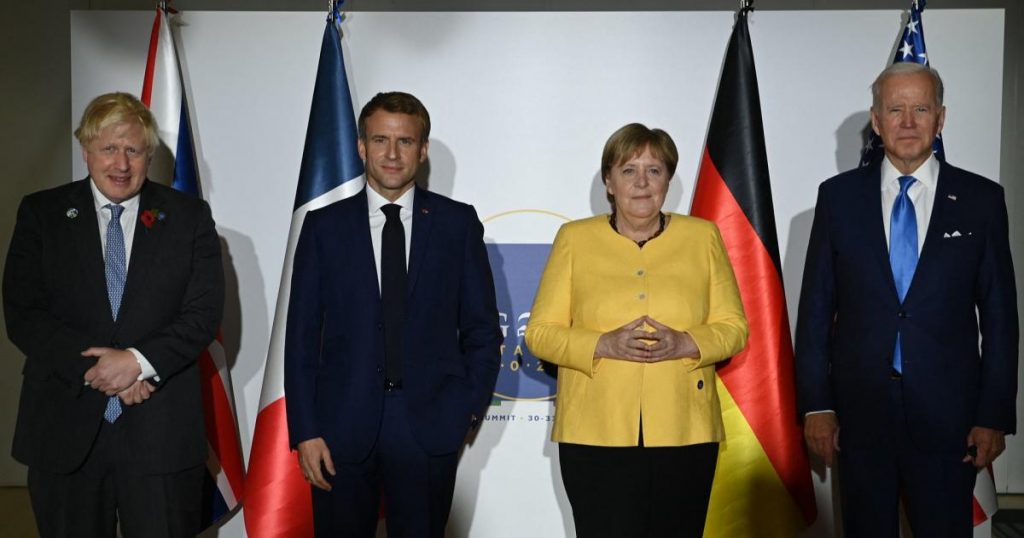According to the participants, the heads of state and government of the 20 major economic powers spoke in favor of the recently negotiated global corporate tax reform at a summit meeting. US Treasury Secretary Janet Yellen said on Saturday that a “historic agreement” on minimum corporate taxes would end the damaging global race for the lowest corporate tax rates.
This would end the “harmful race to the bottom in corporate taxation,” Yellen added. German Chancellor Angela Merkel described the agreement this evening as a “clear sign of justice in the age of digitization.” The host of the G20 summit in Rome, Italian Prime Minister Mario Draghi, spoke about an event that is rich in history. “We have reached a historic agreement for a fairer and more efficient international tax system,” Draghi said. US President Joe Biden also praised the agreement.
As part of the Organization for Economic Co-operation and Development (OECD), 136 countries, including Austria, have already agreed to the planned reform at the ministerial level. Together, the countries account for 90 percent of global economic output. Also included are well-known tax havens like the Cayman Islands and countries like Ireland, which fought back to the end due to their low tax rates.
The main goal of the reform is to prevent corporate profits from shifting to tax havens. So large, internationally active companies must pay taxes of at least 15 percent regardless of where they are headquartered by 2023 at the latest. If an affiliate company pays lower taxes overseas, the difference can be collected by the home country. In addition, profitable and globally operating digital companies such as Amazon and Google must be subject to tax not only in their home country, but also where they do good business.
According to the Organization for Economic Co-operation and Development, a realignment of the international tax structure should result in an additional tax revenue of about $150 billion (about €129 billion) worldwide. The two-pillar concept is central to this: the first aims to ensure a fairer distribution of tax rights for countries in relation to the profits of large multinational corporations – especially those from the digital economy. Part of the rights are transferred from the countries in which the companies are located to those countries that make profits in their markets. The second pillar is the global minimum tax.

“Food practitioner. Bacon guru. Infuriatingly humble zombie enthusiast. Total student.”








More Stories
Kyiv: Russian Kursk offensive halted
US Presidential Election: Former US Government Officials Warn Against Donald Trump's Election
Netherlands wants to leave asylum system